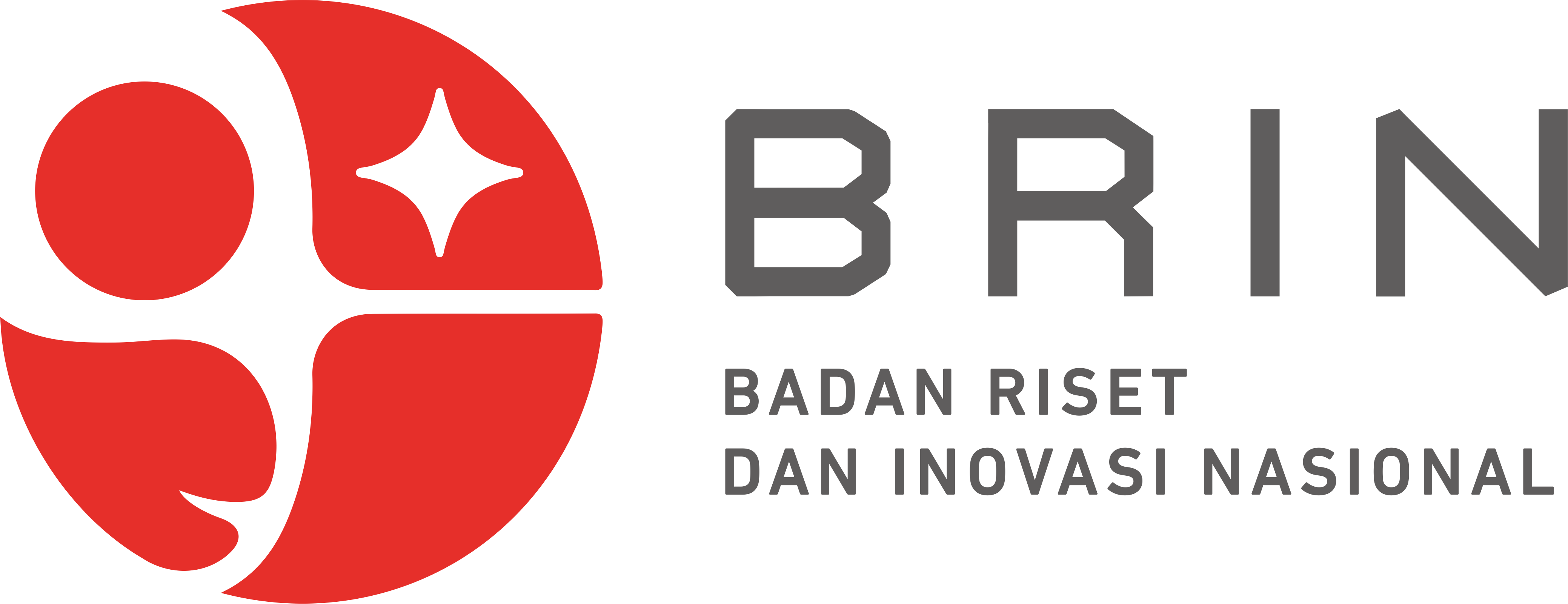Enterprise architecture design using TOGAF at foundation of triputra persada horizon education
Arif Budimansyah Purba(1*); Ahmad Mubarok(2); Jajang Mulyana(3);
(1) STMIK Horizon Karawang
(2) STMIK Horizon Karawang
(3) STMIK Horizon Karawang
(*) Corresponding Author
AbstractThe use of information technology in the field of education is currently a top priority for managing academic and supporting activities. Tri Putra Persada Horizon Education Foundation which manages two high schools, namely the College of Health Sciences and the College of Information and Computer Management should face a challenge to align business strategy with information technology, and how to integrate all the parts involved in the business and represent it in an information system. To find out the business strategy and governance of information technology used at the Tri Putra Persada Horizon Education Foundation, an Enterprises Architecture Framework is needed, one of which is TOGAF ADM. The Enterprises Architecture design contained in TOGAF ADM includes a vision architecture that defines the vision of the company or agency, a mapped business architecture in the form of value chain analysis, an information system architecture in which there is a data architecture and application architecture and the last is technology architecture. This research produced an enterprise architecture design blueprint consisting of artifacts, in the form of catalogues, matrices, and diagrams based on the phases of TOGAF ADM. The result of the Enterprise Architecture design was an integrated information system recommendation and the technology architecture. The design is expected to be a reference in improving the quality of business and is expected to make it easier to achieve the business goals of the Tri Putra Persada Horizon Education Foundation.
KeywordsInformation Technology; Enterprise Architecture; TOGAF ADM
|
Full Text:PDF |
Article MetricsAbstract view: 676 timesPDF view: 351 times |
Digital Object Identifier https://doi.org/10.33096/ilkom.v13i2.847.155-162 https://doi.org/10.33096/ilkom.v13i2.847.155-162
|
Cite |
References
Mulyanto, A., Pengertian Sistem Informasi dalam Sistem Informasi Konsep dan Aplikasi..Yogyakarta: ANDI, 2009.
Nurfadillah, Y., dan Setiawan, R., Pengembangan Aplikasi Pengendalian Tugas Akhir Berbasis Web Sisi Mahasiswa, Dosen, Dan Staff USI, Jurnal STT-Garut, Vol. 13. No. 01, 2016.
TOGAF 9 Foundation Study Guide 4th Edition: Preparation for the TOGAF 9 Part 1 Examination. 2018
Ambler. S.W., 2005. The Enterprise Unified Process: Extending the Rational Unified Process.
Kourdi, H. (2007). Framework for Enterprise Architecture. IEEE.
Yunis, R., Surendro, K. (2008). Pemilihan Metodologi Pengembangan Enterprise Architecture untuk Indonesia. Prosiding SNIKA. Vol. 3, No.1, pp A53-A59.
Mubarok A., Tjahjadi, D. (2019). Pemodelan Arsitektur Enterprise Sistem Informasi Customer Relationship Management Menggunakan Enterprise Unified Process. ILKOM Jurnal Ilmiah Vol. 11, No.3,231-240,2019.
Retnawati Lestari., (2018). Perancangan Enterprise Architecture Menggunakan TOGAF di Universitas ABC. Jurnal IPTEK. Vol.22, 13-20, 2018
Rusli, C.Y., Risqiati, Sulistyorini.P.(2018). Penerapan Model the Open Group Architectural Framework (Togaf) Untuk Perancangan Arsitektur Enterprise (Studi Kasus Stmik Widya Pratama Pekalongan), Prosiding Edusainstek UNIMUS, 2018
Ully Novianti S., Tristiyanto . (2017). Perencanaan Arsitektur Aplikasi Universitas Lampung Menggunakan Zachman Framework. Jurnal Komputasi. Vol 5 No. 1, 50-59, 2017
IBM., Business Systems Planning: Information System Planning Guide, New York, USA: International Business Machines Corporation, 1987.
Hadiana, A., Perencanaan dan Pengembangan Sistem Infromasi Terpadu. Megatama, Bandung, 2016.
Pereira, C. M. dan SOUSA, P., A Method to Define an Enterprise Architecture Using the Zachman Framework, Proceeding at the ACM Symposium on Applied Computing, 2004
The Open Group. Open Group Standard TOGAF Version 9.1, 2009.
Porter, M, E., Competitive Advantage: Creating and Sustaining Superior Performance for Analyzing Industries and Competitor, 1985.
Refbacks
- There are currently no refbacks.
Copyright (c) 2021 jajang mulyana

This work is licensed under a Creative Commons Attribution-ShareAlike 4.0 International License.







